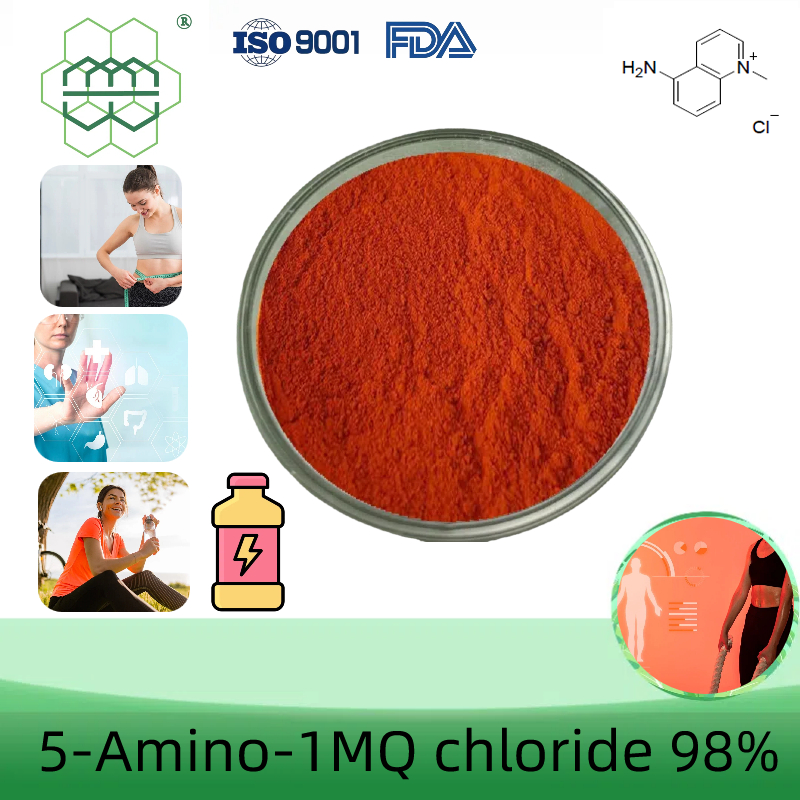-
Categories
-
Pharmaceutical Intermediates
-
Active Pharmaceutical Ingredients
-
Food Additives
- Industrial Coatings
- Agrochemicals
- Dyes and Pigments
- Surfactant
- Flavors and Fragrances
- Chemical Reagents
- Catalyst and Auxiliary
- Natural Products
- Inorganic Chemistry
-
Organic Chemistry
-
Biochemical Engineering
- Analytical Chemistry
-
Cosmetic Ingredient
- Water Treatment Chemical
-
Pharmaceutical Intermediates
Promotion
ECHEMI Mall
Wholesale
Weekly Price
Exhibition
News
-
Trade Service
Beijing, May 30 (Xinhua) -- Why is
yogurt
good for human health?
, a new study has found that a subject found in human and ape-like cells detects
metabolitesproducts commonly found in
fermented
foods
bacteria
lactic acid bacteria, which, when combined, send signals to "activate" the
immune
system.
findings, published in the American Journal of Public Library of Science Genetics, provide a molecular perspective on the benefits of fermented foods and will help identify potential drug targets for the treatment of inflammatory diseases.
is a protein that allows specific signals to enter the cell when the matching molecule binds to the cell. Most animals have only two HCA subjects, but there is a third in humans and apes. The researchers found that D-benzene lactic acid, a metabolite produced by lactic acid bacteria, binds to a third HCA subject and signals to immune cells, triggering immune cell activity.
study suggests that a third HCA complex first appeared in the common ancestor of humans and apes, an evolutionary trait that changed the eating habits of human ancestors and led them to start eating fermented foods, such as fruits that had begun to rot.
will further study how D-benzene lactic acid, a metabolite of lactic acid bacteria, affects the immune system, said Claudia Staubert, a researcher at the University of Leipzig in Germany and one of the authors of the study.







